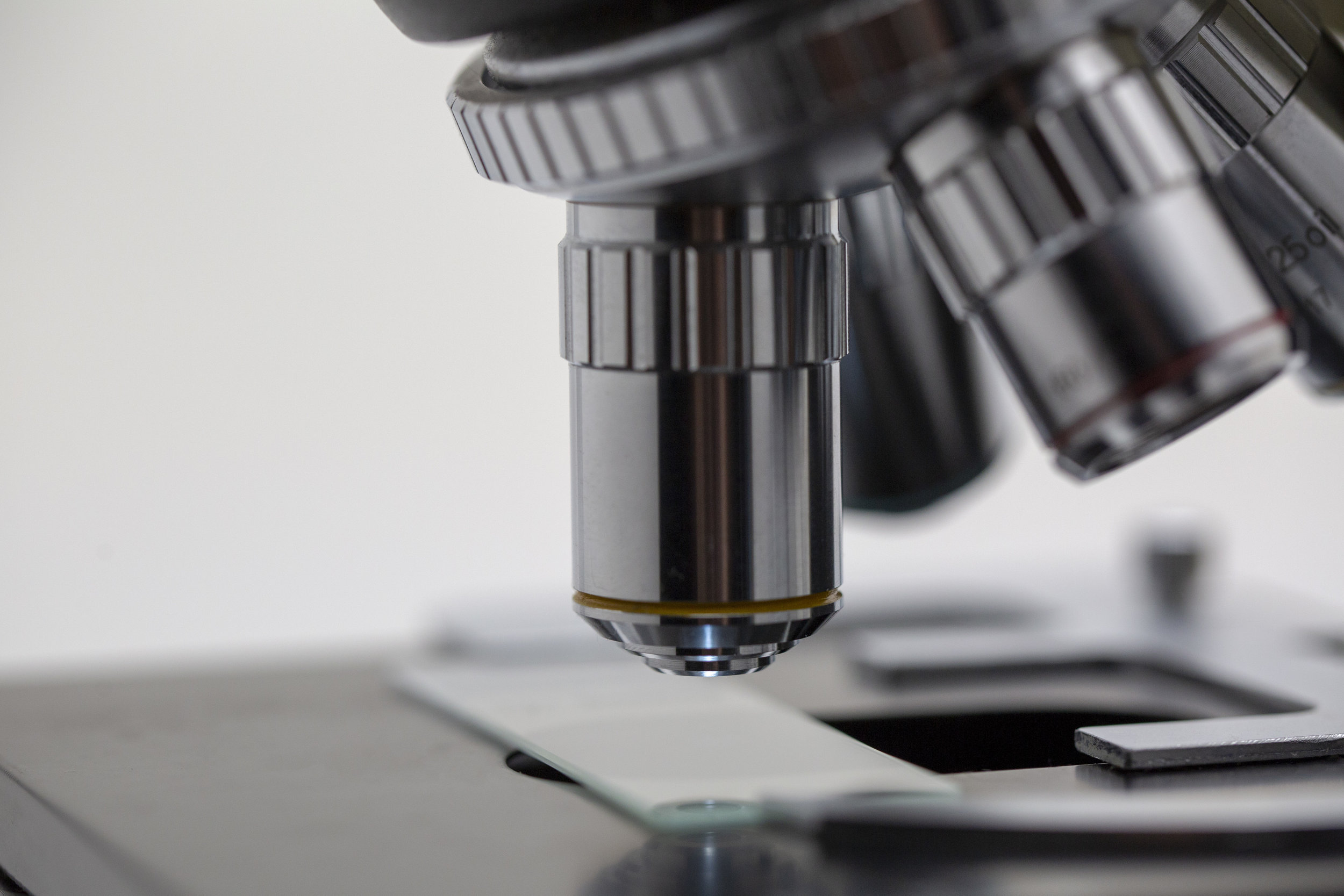Perimenopause is the transitional phase leading up to menopause, during which a woman’s body undergoes various hormonal and physiological changes.
Here are some of the key events that occur during perimenopause:
- Hormonal fluctuations: Estrogen and progesterone levels begin to fluctuate during perimenopause, with progesterone levels generally decreasing and estrogen levels varying from low to high. These hormonal fluctuations contribute to the various symptoms experienced during this time.
- Changes in menstrual cycle: As hormone levels change, a woman’s menstrual cycle may become irregular. Periods may become heavier or lighter, and the duration between periods may become shorter or longer. Some women may also experience skipped periods.
- Ovulation changes: Ovulation may become irregular or even cease altogether during perimenopause. This leads to decreased fertility, although it is still possible for a woman to become pregnant until she reaches menopause.
- Physical symptoms: Many women experience physical symptoms during perimenopause, including hot flashes, night sweats, vaginal dryness, and changes in sexual function. These symptoms can vary in intensity and frequency.
- Emotional symptoms: Mood swings, irritability, anxiety, and depression are common emotional symptoms during perimenopause. These may be due to hormonal changes as well as the physical symptoms and life stressors associated with this stage of life.
- Sleep disturbances: Insomnia and sleep disruptions are common during perimenopause, often due to hot flashes and night sweats, as well as emotional symptoms like anxiety.
- Bone loss: The decrease in estrogen levels during perimenopause can lead to a loss of bone density, increasing the risk of osteoporosis.
- Changes in cardiovascular health: Estrogen helps protect against heart disease, so the decrease in estrogen levels during perimenopause may increase the risk of cardiovascular issues.
Dr Holland went into more detail on perimenopause and the symptoms in one of her “Let’s Talk Peri” live chats. Listen to the replay here:
It’s important to note that every woman’s experience of perimenopause is unique, and symptoms and their intensity can vary significantly.
If you are concerned about your symptoms or need advice on managing them, consult your healthcare provider.
Research:
These studies and reviews provide evidence and insights into the various aspects of perimenopause, including hormonal fluctuations, menstrual cycle changes, physical and emotional symptoms, sleep disturbances, bone loss, and cardiovascular health changes.
Hormonal fluctuations:
Burger, H. G., Hale, G. E., Dennerstein, L., & Robertson, D. M. (2008). Cycle and hormone changes during perimenopause: the key role of ovarian function. Menopause, 15(4), 603-612.
Changes in menstrual cycle and ovulation:
Harlow, S. D., & Ephross, S. A. (1995). Epidemiology of menstruation and its relevance to women’s health. Epidemiologic Reviews, 17(2), 265-286.
Physical symptoms:
Avis, N. E., Colvin, A., Bromberger, J. T., Hess, R., Matthews, K. A., Ory, M., & Schocken, M. (2009). Change in health-related quality of life over the menopausal transition in a multiethnic cohort of middle-aged women: Study of Women’s Health Across the Nation (SWAN). Menopause, 16(5), 860-869.
Emotional symptoms:
Freeman, E. W., Sammel, M. D., Lin, H., & Nelson, D. B. (2006). Associations of hormones and menopausal status with depressed mood in women with no history of depression. Archives of General Psychiatry, 63(4), 375-382.
Sleep disturbances:
Polo-Kantola, P. (2011). Sleep problems in midlife and beyond. Maturitas, 68(3), 224-232.
Bone loss:
Riggs, B. L., & Melton, L. J. (1995). The worldwide problem of osteoporosis: insights afforded by epidemiology. Bone, 17(5), S505-S511.
Changes in cardiovascular health:
Mendelsohn, M. E., & Karas, R. H. (1999). The protective effects of estrogen on the cardiovascular system. New England Journal of Medicine, 340(23), 1801-1811.
READ LATEST
the





Share to: